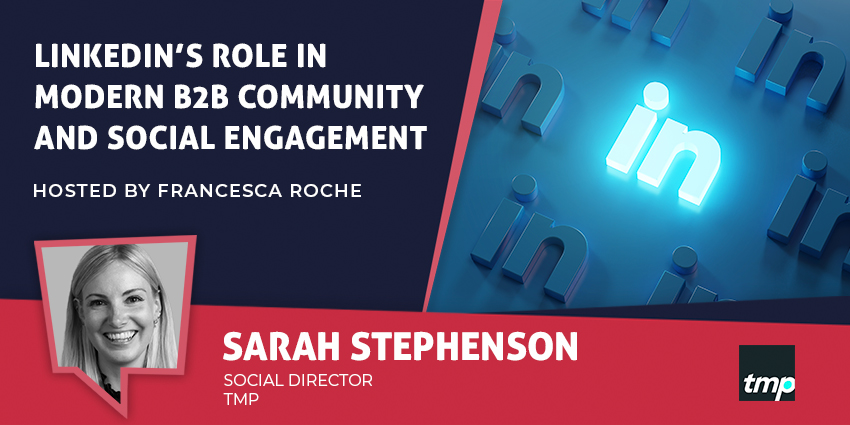Long periods of remote working could be unhealthy and damaging for younger agents as they cannot learn from peers, recruiting boss Robert Walters has said.
He told City A.M. “you cannot learn when you’re not next to someone, ideally your boss”.
“Zoom cannot do everything,” he added.
His words follow concerns from a number of business leaders who have suggested they expect in-office working to be the norm in future, but with more flexibility for remote working one or two days a week.
Joanna Place, Bank of England Chief Operating Officer, said this week that she expected three-to-four days in the office to become the norm post-COVID.
Walters added that he believed the pull of the office is stronger than many had anticipated during the pandemic.
He said: “There are plenty who can’t wait to get back.”
Netflix, JP Morgan and Goldman Sachs are just some big names whose firms have announced that they are expecting staff to return to the office on an effectively full-time basis.
It comes as research from Ezra found this week that more than half of British office workers have now returned to the workplace on either a full or part-time basis, with many seeing some surprising benefits as a result.
The research showed that 30% of office workers have now returned full-time, up from just 17% in April. A further 24% have returned on a part-time basis, again up from 17% in April, with the number of us working fully remotely falling by -21% in the last three months.
Ezra also asked what positive impact a return to the workplace has had on their lives and, perhaps surprisingly, the most prominent was the work-life balance (29%).
A positive impact of productivity also ranked high (23%), with many also benefitting from a reduction in personal fatigue (13%) and an increase in career progression opportunities (13%).






